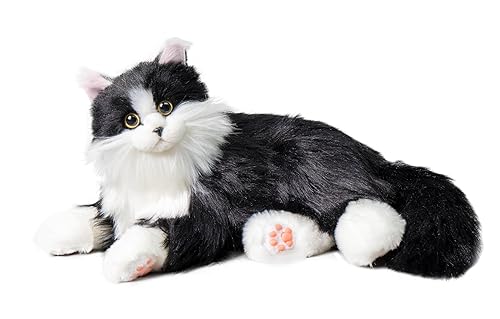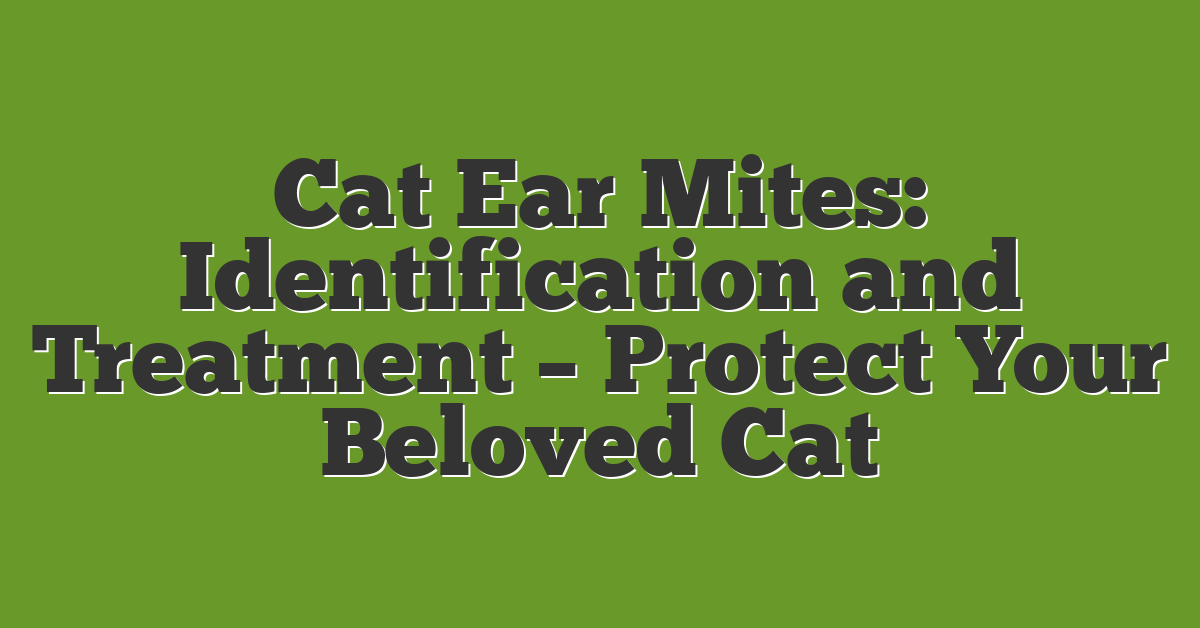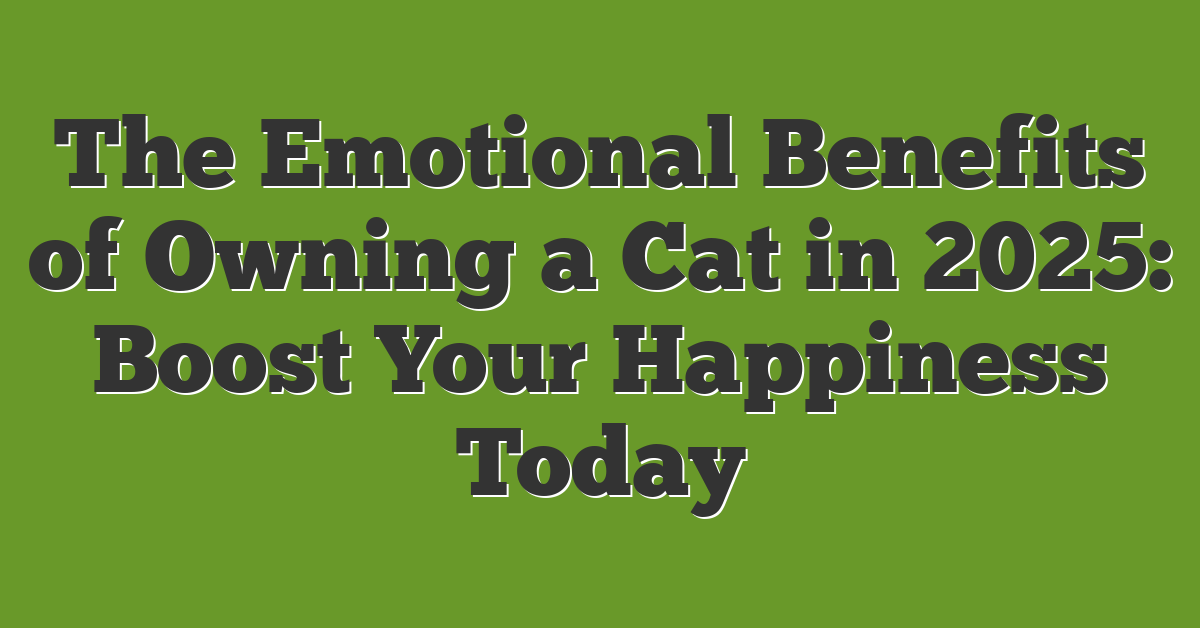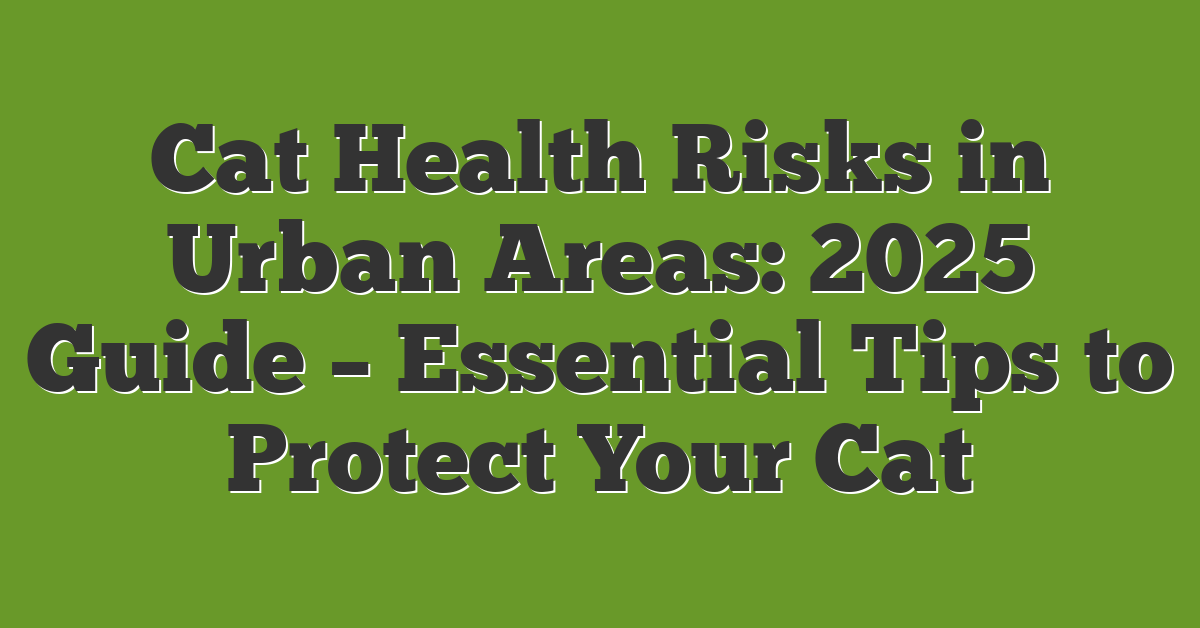Understanding the Risk of Suffocation
As a cat lover and enthusiast, you may have concerns about the safety of newborn kittens. It’s natural to worry about whether a mother cat can accidentally suffocate her little ones. After all, they are delicate and rely on their mother for everything.
While it is a valid concern, rest assured that the risk of a mother cat unintentionally suffocating her kittens is extremely low. Mother cats have a strong instinct to care for their young and will do everything in their power to keep them safe. Here’s why:
- Instinctive Positioning: Mother cats instinctively know how to position themselves when nursing their kittens. They use their paws and body to create a safe space for the kittens to nurse while avoiding any risk of suffocation.
- Awareness of Weight: A mother cat is highly aware of the weight of her kittens. She knows the difference between her own body and the weight of her little ones. This awareness helps her to adjust her position and movements accordingly, ensuring the safety of her kittens.
- Monitoring Breathing: Mother cats have the remarkable ability to monitor their kittens’ breathing. They can sense any irregularities and will adjust their posture or gently move a kitten if needed to ensure proper airflow.
- Bonding with Kittens: Mother cats form a deep bond with their kittens from the moment they are born. This bond fosters a strong sense of protectiveness and care. A mother cat will always prioritize the safety of her kittens above anything else.
- Nature’s Design: Nature has equipped mother cats with the instincts and abilities necessary to care for their kittens. Over thousands of years, cats have evolved to ensure the survival of their young, and suffocation is not a common occurrence among healthy mother cats.
Remember, always observe from a distance and allow the mother cat to care for her kittens without interference. Occasionally, accidents or unfortunate incidents may happen, but the risk of a mother cat unintentionally suffocating her kittens is very low. Trust in the instincts of these amazing feline mothers, and enjoy the precious moments of witnessing their nurturing love.
Physical Characteristics of Mother Cats and Kittens
Mother cats possess certain physical characteristics that help them care for their kittens. These traits have evolved over time to allow them to provide the best care possible. Here are some important physical features of mother cats and their kittens:
Size and Weight
Mother cats are larger in size compared to their kittens. This difference in size helps them to provide a secure and nurturing environment for their babies. Their larger bodies offer protection and warmth, ensuring the well-being of the kittens.
Paws and Claws
A mother cat’s paws and claws are designed for delicate handling of her kittens. She uses her paw pads and retractable claws to gently grip and support her young ones, allowing her to move them without causing harm. Her acute sense of touch ensures that she can handle them with care.
Body Temperature Regulation
Mother cats have the ability to regulate their body temperature to best suit their kittens’ needs. They can raise or lower their body temperature to ensure the comfort and well-being of their little ones. This ability provides warmth when the kittens are young and vulnerable.
Enhanced Senses
Mother cats have highly developed senses, allowing them to be acutely aware of their surroundings and the needs of their kittens. Their sharp vision allows them to monitor their babies closely. Additionally, their superior hearing enables them to detect any changes in the environment that could potentially be a threat.
Milk Production
Mother cats possess specialized mammary glands that allow them to produce milk. This milk is rich in essential nutrients, providing proper nourishment for their growing kittens. Their bodies instinctively produce milk to ensure their babies receive the necessary sustenance for healthy development.
These physical characteristics of mother cats play a vital role in their ability to care for their kittens. Nature has equipped them with the necessary tools to ensure the well-being and survival of their precious little ones. Trust in the instincts of mother cats as they provide the best care for their kittens.
Remember, always observe from a distance and allow mother cats to perform their natural caregiving duties without interference.
Importance of a Safe Environment
As a cat lover and enthusiast, you know that providing a safe environment for mother cats and their kittens is crucial. A secure space ensures the well-being and development of the little ones. Here’s why a safe environment is essential for mother cats and their kittens:
1. Protection from suffocation: While it’s rare, there have been cases where a mother cat accidentally suffocated her kittens. This usually happens when the mother is trying to move her newborns to a different location. A safe environment with no potential hazards minimizes the risk of accidents.
2. Prevents injuries: Playful and curious, kittens love to explore their surroundings. However, they can sometimes get themselves into dangerous situations, leading to injuries. In a safe environment, you can remove any potential hazards or toxic substances that might harm the kittens.
3. Reduces stress: Like any other living creature, cats can experience stress. A safe environment with familiar surroundings and minimal disruptions ensures a stress-free environment for the mother cat and her kittens. This allows them to grow and develop properly.
4. Encourages bonding: A safe environment builds an atmosphere of trust and security. This allows the mother cat to focus on her mothering duties without feeling threatened or anxious. The kittens, in turn, feel safe and are more likely to bond with their mother and siblings.
Remember, creating a safe environment for mother cats and their kittens is not just about their physical well-being. It’s also about fostering their emotional health and ensuring their overall happiness. By providing a secure space, you are setting the foundation for a healthy start in life.
So, as a responsible cat lover, make sure you provide a safe and nurturing environment for these beautiful creatures. Their well-being depends on it, and creating that safe haven is a gift that you can give them.
Supervise Interactions between Mother Cat and Kittens
As a cat lover, it’s crucial to understand the importance of supervising interactions between a mother cat and her kittens. While mother cats are generally caring and nurturing, accidents can happen, and it’s our responsibility to ensure the safety and well-being of these precious little ones.
Here are a few reasons why supervising their interactions is essential:
- Preventing accidental suffocation: Mother cats can accidentally suffocate their kittens if they unknowingly lay or sit on them. By keeping an eye on them, you can gently move the kittens away from any potential danger, ensuring they have enough space to breathe and move freely.
- Avoiding unintentional harm: Kittens are delicate and fragile, especially during their early weeks. While mother cats have soft and gentle paws, they still have sharp claws that may accidentally scratch their kittens. By being present during their interactions, you can intervene if necessary, preventing any unintentional harm.
- Encouraging healthy socialization: Supervising interactions allows you to ensure that the mother cat and her kittens are forming a healthy bond. You can actively observe their behavior, making sure the mother cat is providing the necessary care and attention to her kittens. This interaction plays a vital role in their social development.
- Detecting signs of distress or health issues: By closely observing the mother cat and her kittens, you can quickly identify any signs of distress or health issues. This includes excessive crying, lack of appetite, unusual behavior, or any physical abnormalities. Early detection can help you seek veterinary care promptly, ensuring the well-being of the entire feline family.
Remember, supervision is key to creating a safe and nurturing environment for mother cats and their kittens. It allows you to step in when necessary and provide immediate assistance if any potential risks arise. Your presence ensures their safety and helps foster a strong and loving bond between the mother cat and her little ones.
Signs of Distress in Kittens
If you’re a cat lover and have a mother cat and her kittens in your care, it’s crucial to be aware of the signs of distress in kittens. This will help you ensure the safety and well-being of these adorable little furballs. Here are some key signs to watch out for:
- Lack of Appetite: One of the first signs that something may be wrong with a kitten is a sudden loss of appetite. If a normally hungry kitten starts refusing food, it could be a sign of distress.
- Excessive Crying: Kittens communicate through meowing, but if you notice your kittens crying excessively or in a different tone than usual, it’s a cause for concern. They could be in pain or feeling anxious.
- Lethargy: Kittens are usually full of energy and curiosity, so if you notice your kittens becoming unusually lethargic and inactive, it could be a sign that something is amiss.
- Difficulty Breathing: Rapid, shallow, or labored breathing can indicate a problem. Kittens have delicate respiratory systems, so any difficulty in breathing should not be taken lightly.
- Abnormal Stool: Keep an eye on their litter box. Diarrhea, constipation, or blood in the stool can be signs of gastrointestinal distress or infection.
- Coughing or Sneezing: Continuous coughing or sneezing may indicate an upper respiratory infection, which can be serious for young kittens. Monitor their symptoms and consult a veterinarian if necessary.
- Unusual Aggression or Withdrawal: If a normally friendly and playful kitten suddenly becomes overly aggressive or withdraws from social interactions, it may be a sign of physical or emotional distress.
Remember, your keen observation skills and understanding of these signs can help you identify any distress in your kittens early and seek necessary help. Do not hesitate to consult a veterinarian if you notice any of these signs persisting or worsening. Being proactive in addressing these issues will ensure the health and well-being of your mother cat and her precious kittens.
Conclusion
Being aware of the signs of distress in kittens is crucial for ensuring their safety and well-being. By paying attention to cues such as a lack of appetite, excessive crying, lethargy, difficulty breathing, abnormal stool, coughing or sneezing, and unusual aggression or withdrawal, you can take proactive steps to address any issues that may arise.
Remember, as a responsible pet owner, it’s essential to be observant and responsive to your mother cat and her kittens. If you notice any concerning signs, don’t hesitate to consult a veterinarian for professional advice and guidance. They can provide the necessary expertise and support to ensure the health and well-being of your feline family.
By taking action and seeking help when needed, you can create a safe and nurturing environment for your mother cat and her kittens. Your attentiveness and care will go a long way in promoting their overall health and happiness. So, stay vigilant, and enjoy the beautiful journey of raising a healthy and happy feline family!
Frequently Asked Questions
Q: What are the signs of distress in kittens?
A: Signs of distress in kittens include lack of appetite, excessive crying, lethargy, difficulty breathing, abnormal stool, coughing or sneezing, and unusual aggression or withdrawal.
Q: Why is it important to be aware of these signs?
A: Being aware of these signs is crucial to ensure the safety and well-being of kittens. Early detection and prompt action can prevent serious health issues and even save their lives.
Q: What should I do if I notice signs of distress in kittens?
A: If you observe signs of distress in kittens, it is important to be proactive. You should take immediate action by providing comfort, monitoring their condition closely, and contacting a veterinarian for professional advice.
Q: How can I ensure the health and well-being of mother cats and their kittens?
A: To ensure the health and well-being of mother cats and their kittens, it is important to be observant and attentive. Regularly monitor their behavior, feeding habits, and physical appearance. If any concerns arise, consult a veterinarian for guidance and necessary medical intervention.












